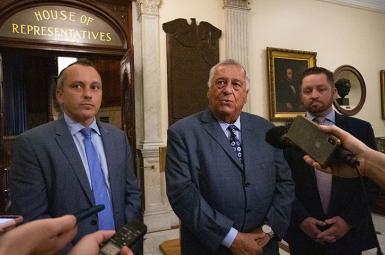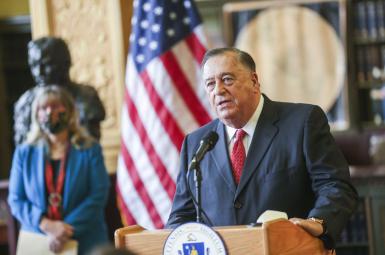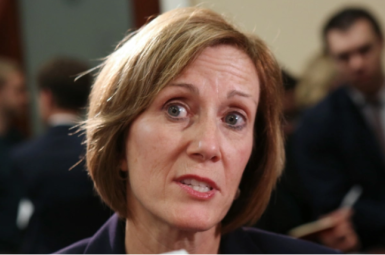The state’s 4 percent surtax on income over $1 million is now in effect. The new tax raises critical policy questions related to its effect on long-term economic growth and its impact on other areas of the tax code. At the same time, the surtax creates a number of fiscal and tax policy questions. This brief:
This November, voters will decide whether or not to approve a ballot initiative that would impose a new tax on income over a million dollars. If approved, this change to the state’s constitution takes effect on January 1, 2023. MTF does not support this initiative out of concern for its fiscal and economic impact. This analysis further explains why we are opposed.
The Massachusetts Taxpayers Foundation projected last week that the Legislature will have a $3.6 billion budget surplus available once final accounting is complete for fiscal year 2022, which ended June 30. The state Department of Revenue has not yet reported how much the state collected in taxes in June, the final month of fiscal year 2022.
The Massachusetts Taxpayers Foundation, a business-backed budget watchdog, projected last week that lawmakers will have a surplus of nearly $3.6 billion from the fiscal year that ended last week, an amount it called “historic.”
Our organizations, representing thousands of employers and hundreds of thousands of employees in Massachusetts, write to urge you to adopt the tax changes included in H.4361, An Act to improve Massachusetts’ competitiveness and reduce the cost of living. The unique combination of tax adjustments supports a competitive business climate while also providing much needed tax relief to some of our most vulnerable residents.
For analysis on the budget proposal and Baker’s tax cut plans, WAMC’s Pioneer Valley Bureau Chief Paul Tuthill spoke with Eileen McAnneny, President of the Massachusetts Taxpayers Foundation.
“I think that the proposal is balanced. It provides a lot of help to folks at the lower end of the income spectrum that have been most impacted by the pandemic,” Eileen McAnneny, president of the Massachusetts Taxpayers Foundation, said during an appearance with John Keller on WBZ Sunday. According to McAnneny, in addition to helping seniors and those with very little income, Baker’s proposal would help Massachusetts continue to attract and keep the sort of residents required for the state’s economy to continue growing.
That should change, though, according to the Massachusetts Taxpayers Foundation, which issued a brief Thursday in support of Gov. Charlie Baker’s proposal to alter the estate tax. “Massachusetts should change its estate state because we currently have the highest tax burden of any state in the nation for estates between $1-3 million,” Eileen McAnneny, foundation president, said in an emailed statement.
Massachusetts is one of just twelve states that applies an estate tax to the assets of deceased residents. Even among the dozen states with an estate tax, the Massachusetts version stands out due to its low threshold ($1 million) and its application to the entire value of the estate, creating a “cliff effect” for estates just over the $1 million threshold.
“I think there will be significant economic consequences,” said Eileen McAnneny, president of the Massachusetts Taxpayers Foundation, in an interview. McAnneny and the foundation have been vocal opponents of the amendment, arguing there’s no guarantee the tax revenue will actually fund education and transportation initiatives.









